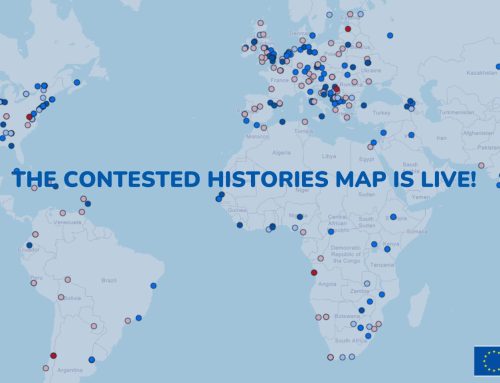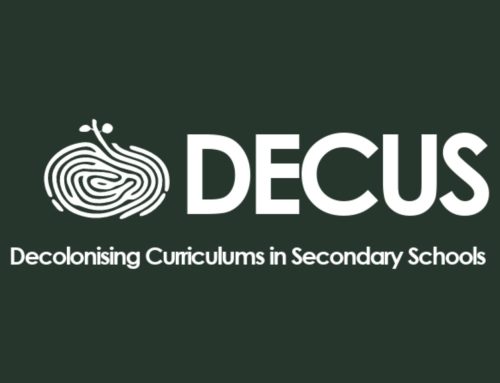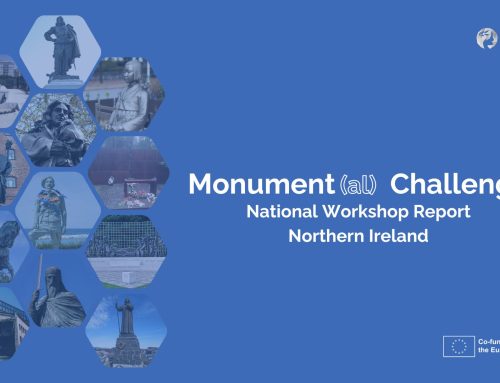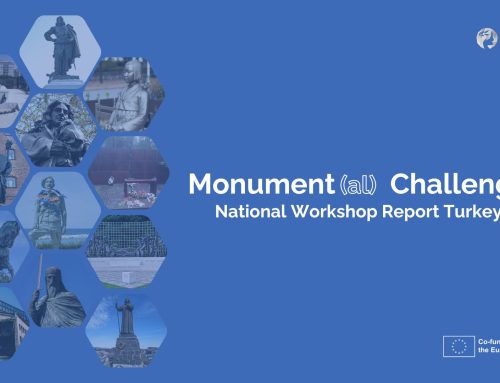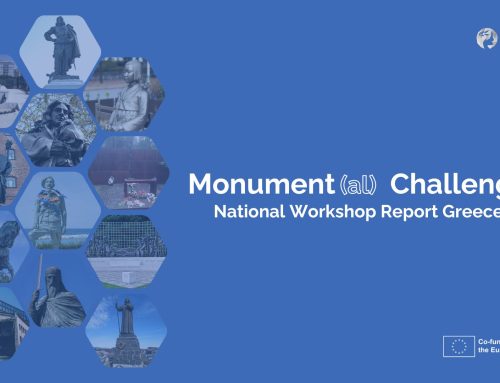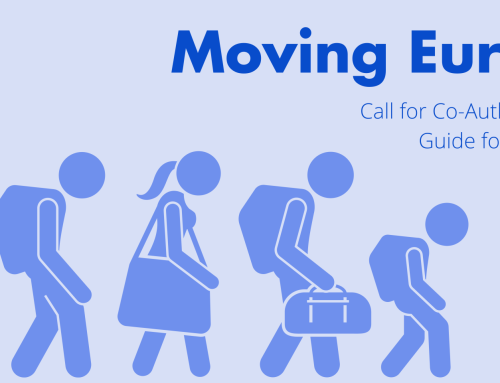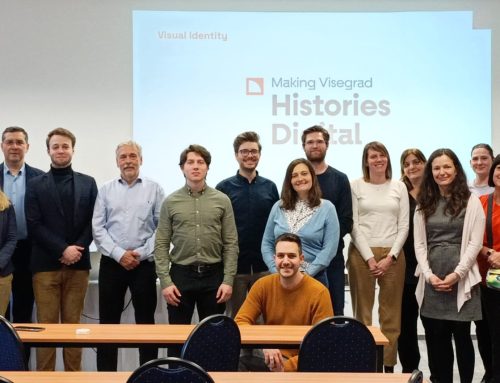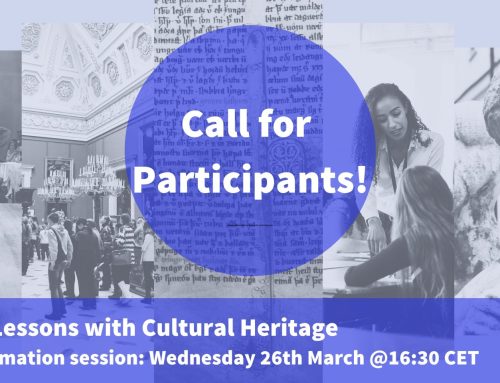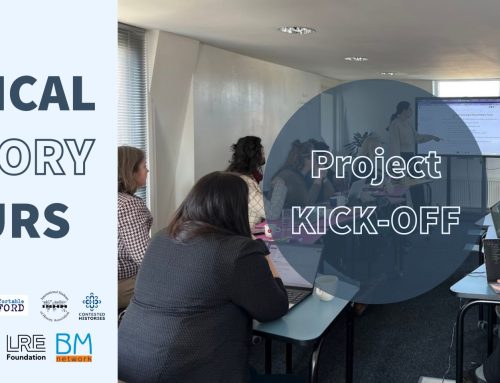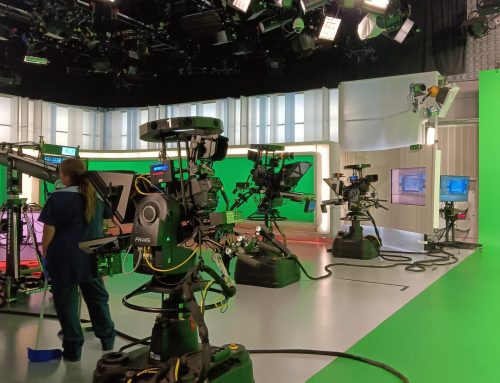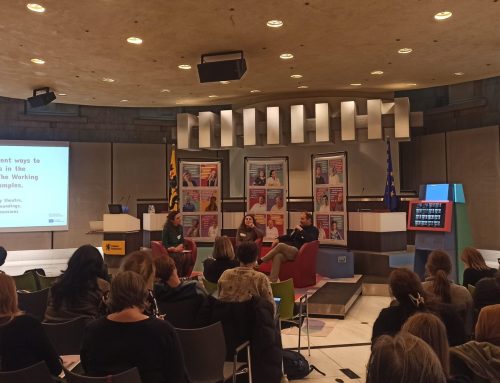This report below written by EuroClio Ambassador Klaus Bjerre (Denmark)
History in the Balkans is dominated by political history. The nation is often seen as a collective agent that has aspired to freedom, sovereignty,and welfare since the very beginning of history. Some aspects of élite culture are included in textbooks, but social and economic history are mostly marginalized. Social history can show that the ethnicities in the Balkans have a lot in common, but textbooks tend to be seen as an instrument for strengthening national consciousness, rather than something that should help young people to have knowledge and values that can help them to live in a multicultural society. Common to the narratives is the claim that the now existing nationalities originated at the time of the birth of humanity, and that the in-group is a victim, the out-group a perpetrator. THEY occupy – WE liberate; WE inhabit – THEY colonize.
Historiography and History Education in the South Slavic- and Albanian-Speaking Regions was the theme at a Conference held in early June in Skopje. The organizers were the Georg Eckert Institute for International Textbook Research (Braunschweig), the Institute for National History (Skopje), and the Institute for Spiritual and Cultural Heritage of the Albanians (Skopje). (ed. Conference is part of this project)
The central theme was Slavic narratives about Albanians, and Albanian narratives about Slavs, in textbooks as well as in academic literature. Narratives from both Albania and Serbia were included, but as the conference was in Skopje, it was natural that Macedonian and Albanian narratives from Macedonia were in focus (Albanians constitute more than a quarter of the population in Macedonia).
Dragi Gjorgiev, from the Macedonian Institute for National History, stated that history teaching in Macedonia lacks a critical dimension, as well as pupils’ activity and involvement. He referred to Joke van der Leeuw-Roord’s report from 2012 “A Key to Unlock the Past, History Education in Macedonia” (ed. which was part of a EuroClio/ANIM Project on History Education) and said that much too little had been improved in recent years.
Teachers in Macedonian schools must choose chapters from the textbooks in order to limit the contents. The result is that ethnic Macedonian students are told an ethnic Macedonian narrative, while Albanian students are told an Albanian narrative (the schools are segregated). Since the 1990s, most derogatory terms have been removed, but the texts still harbor lots of implicit stereotypes and prejudices. Teachers are not allowed to teach any period after 1991.
A lot of time in lessons is spent on “questions and answers”, memorizing the textbook, instead of on discussion or inquiry within the subject matter.
The history curriculum is the only Macedonian curriculum that has not been changed in the last decade. There is a so-called ‘moratorium’, because the issue is politically sensitive.
Textbooks in Albania are ethnocentric as well. Most are written by the same authors who wrote the textbooks in the era of Enver Hoxha. The ideological content has been altered, but much of the structure is the same. The Illyrians had state traditions before the Romans came, the Slavs were barbarians who colonized the Illyrian area and assimilated the northern Illyrians, etc., etc.
At one point, a participant asked rhetorically “Wouldn’t it be better to stop teaching history?” This may reflect widespread pessimism, but one positive aspect was that the participants in the conference unanimously agreed on the need for improvement in history teaching. More multiperspectivity. More social history should be included in textbooks. The tradition of reproduction and learning by heart should be changed. It may be hard work to change textbooks and curricula but, as professor Eckhardt Fuchs (Georg Eckert Institute) said in a concluding remark: use your influences wherever you are, speak out and form strong networks.
The full overview of the project’s activities and outcomes can be found here: https://albanianlanguagetextbooks.wordpress.com/

